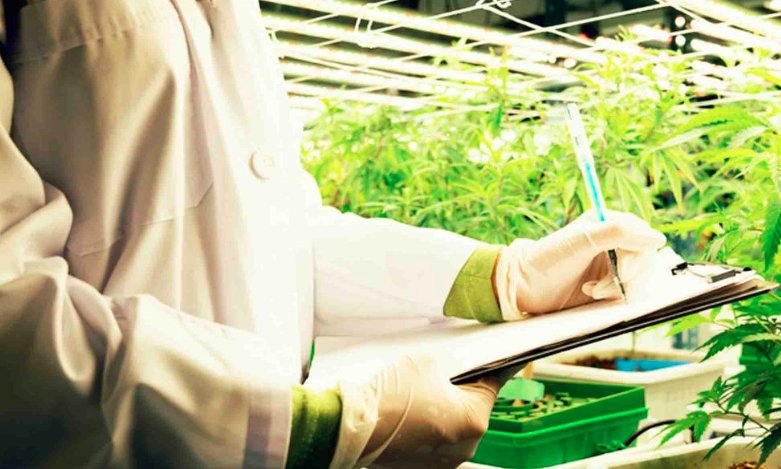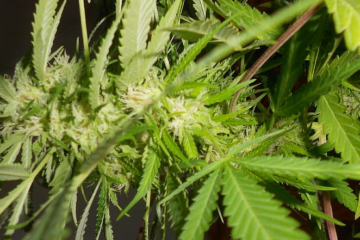The Regulatory Shift
Recent legislative actions have put the hemp industry under the microscope, leading to increased restrictions on hemp-derived products. States like Iowa and Georgia have passed bills imposing stringent controls on the sale and marketing of these products, particularly those containing tetrahydrocannabinol (THC).
The Iowa Senate’s House File 2605, if signed into law, will cap THC levels at 4 mg per serving and 10 mg per container. This move aims to close loopholes from previous legislation and direct consumers towards regulated medical cannabidiol programs for certain conditions.
Georgia’s SB 494 also seeks to tighten the reins on hemp products. The bill mandates certificates of analysis, labeling requirements, and a maximum level of contaminants, alongside restricting sales to those over 21 years of age.

The Impact on Industry and Consumers
These regulatory changes are not without consequence. For the industry, it means adapting to new compliance standards and potentially facing financial strain. Consumers, particularly those using hemp products for therapeutic purposes, may find their access limited.
The industry’s response has been a mix of adaptation and advocacy. While some businesses are pivoting to meet the new requirements, others are actively engaging in discussions with legislators to find a balance that protects consumers without stifling innovation.
The Future of Hemp Regulation
As more states consider similar restrictions, the future of hemp regulation remains uncertain. The upcoming reauthorization of the Farm Bill presents an opportunity for federal clarification on hemp intoxicants, which could influence state-level decisions.
The dialogue between regulators, industry leaders, and consumers will be crucial in shaping policies that support safe access to hemp products while promoting responsible industry growth.



